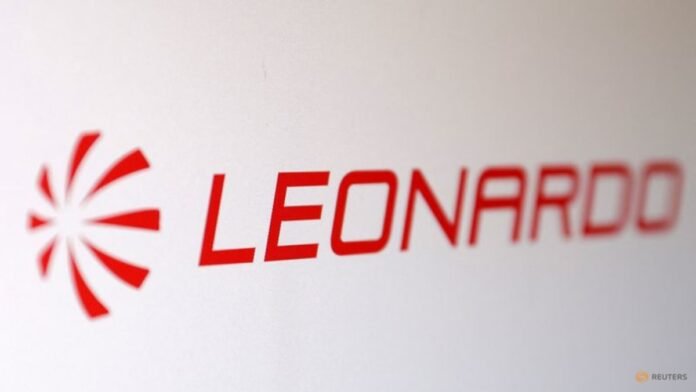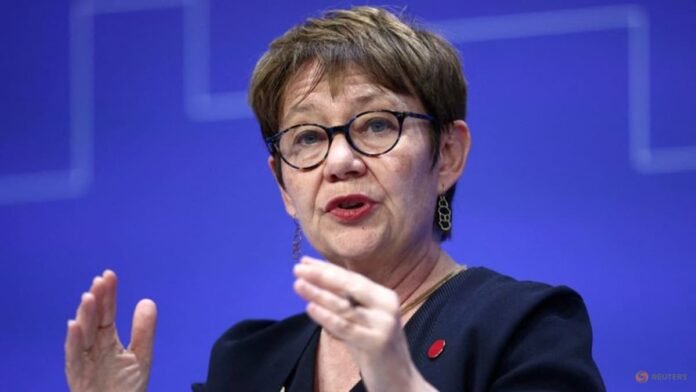The board of Italian aerospace and defence company Leonardo sat down this week to talk about a big change in Europe’s satellite scene. The company is examining a merger with a leading European satellite operator, a move that could reshape the continent’s space industry.
Why a merger? Leonardo has said the deal would combine its strong defence and space‑technology assets with the operator’s network of communication satellites. Together, they could offer everything from secure military communications to high‑speed broadband across dozens of countries. The partnership would also give the new group an edge in a market where larger players dominate and customers are demanding more integrated services.
The board will decide whether to move forward. In the meeting held at Leonardo’s headquarters in Rome, senior executives presented a financial model, market forecast, and cost‑savings plan. They highlighted that the combined company would be cheaper to run, could exploit new EU space‑policy funding, and could offer better pricing to commercial customers.
“We’re in a period where competition is tightening,” said Leonardo’s CEO, who praised the potential of the partnership. “A single, powerful European satellite operator could match the reach of the global giants.” Meanwhile, the satellite operator’s chief executive noted that the merger could help the company support the EU’s ambition for a “digital, secure, and resilient” space infrastructure.
The proposal faces a few hurdles. It will need approval from European competition regulators, and there could be questions about how the new company would handle defence contracts connected to the EU’s security budget. Both sides have said they are working closely with regulatory authorities to address possible concerns.
Leaders in the industry are watching closely. Analysts say a Leonardo‑satellite merger could spur further consolidation among European space firms, potentially leading to more integrated solutions across defence, telecommunications and navigation. Some experts worry that a bigger, more efficient entity could become a single point of failure in the sector, while others see it as a necessary step for Europe to keep pace with the United States and China.
If the board gives the green light, the companies would need to sign a definitive contract in the next few months. After that, they would likely undergo a formal EU approval process that could take up to twelve months. The final step would be the actual take‑over and re‑branding of the combined operation.
The announcement underscores a broader trend in the European aerospace market: companies are looking to join forces to stay competitive, secure funding, and meet growing demand for satellite‑based services. As the board’s decision looms, customers and regulators alike will be keeping a close eye on what could be one of the biggest moves in Europe’s space industry in recent years.
Stay informed on all the latest news, real-time breaking news updates, and follow all the important headlines in world News on Latest NewsX. Follow us on social media Facebook, Twitter(X), Gettr and subscribe our Youtube Channel.



